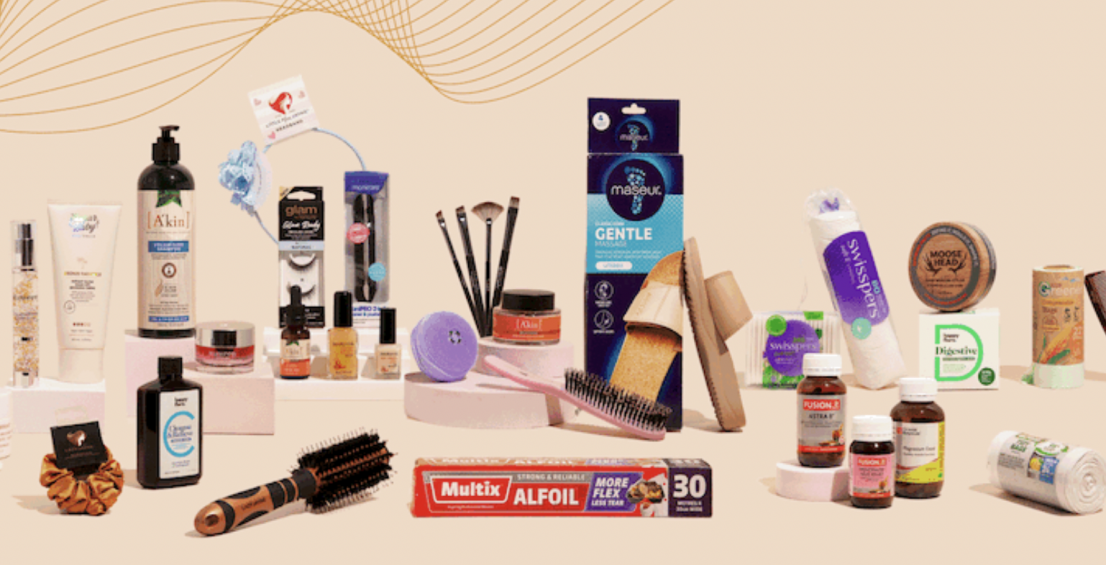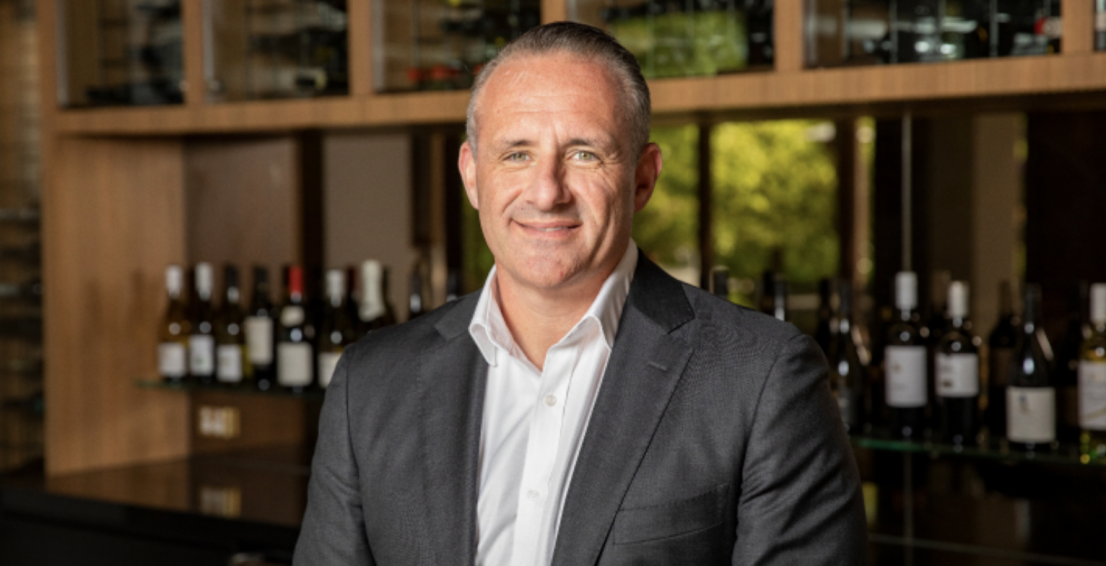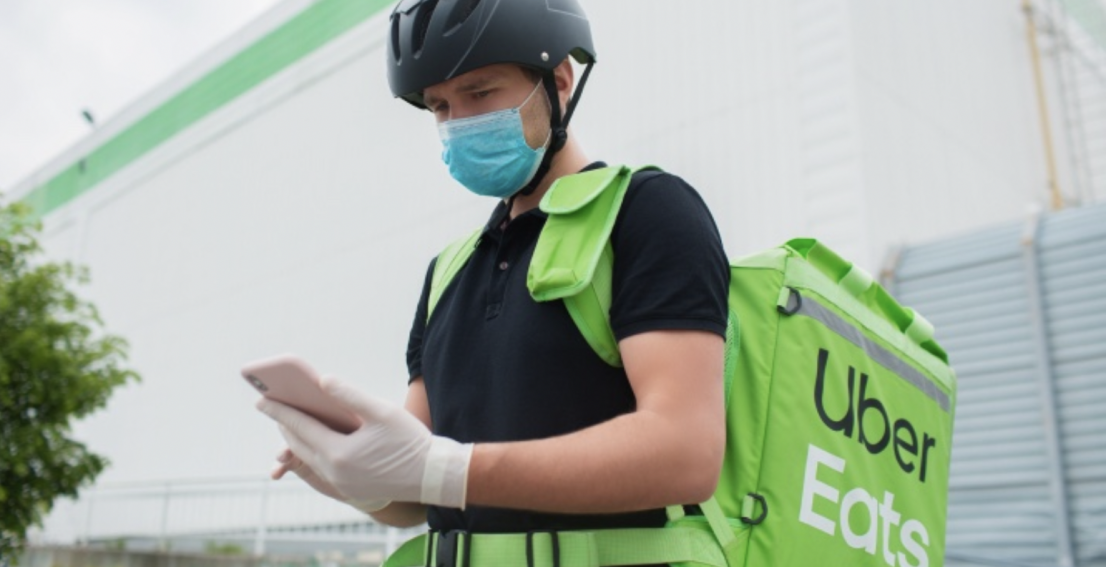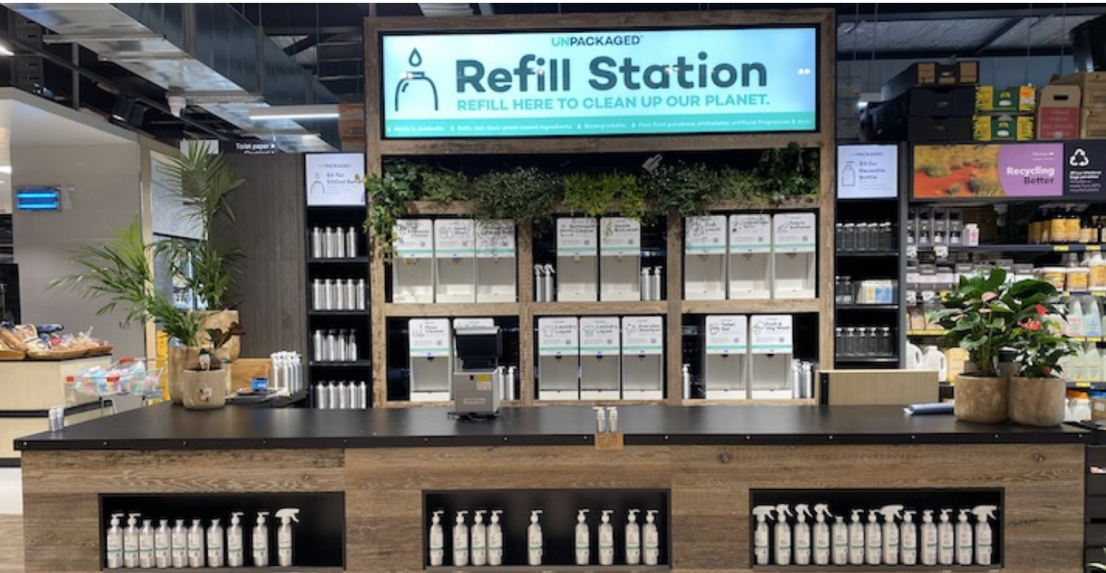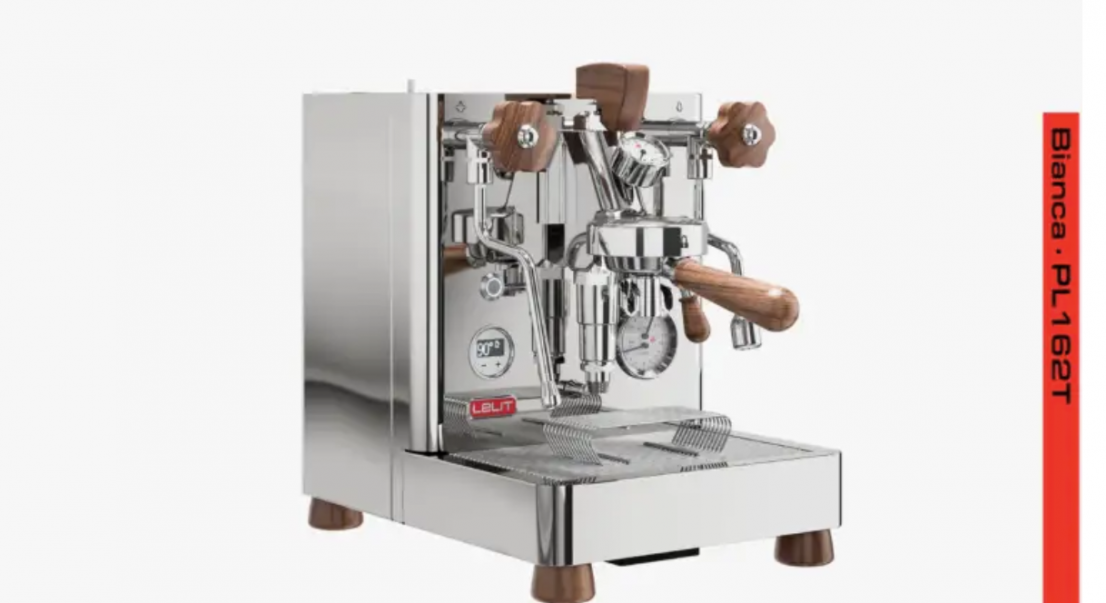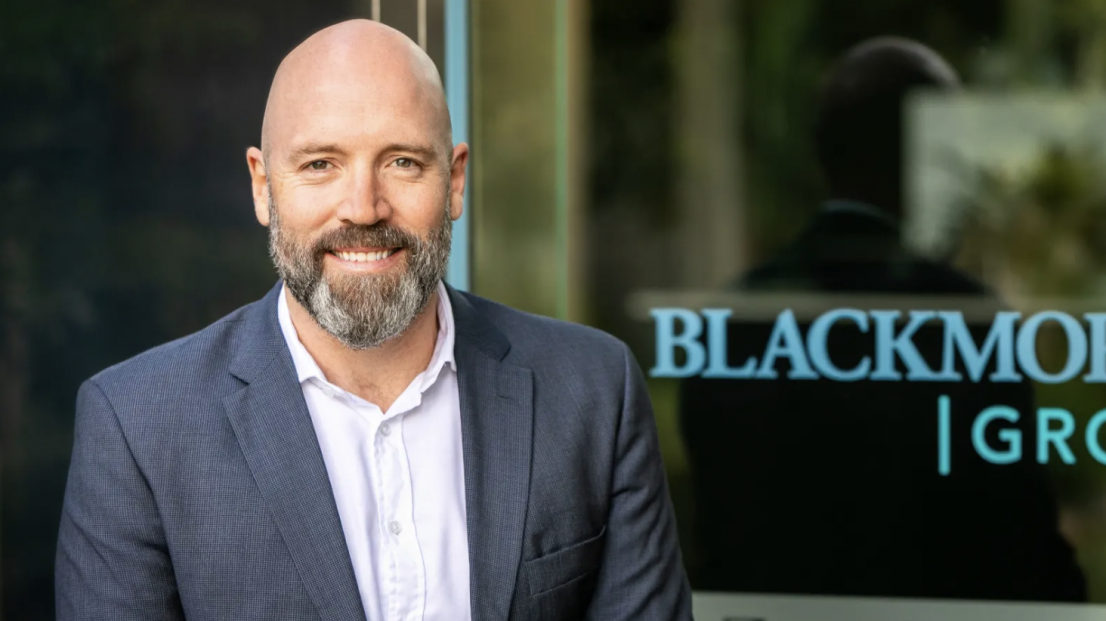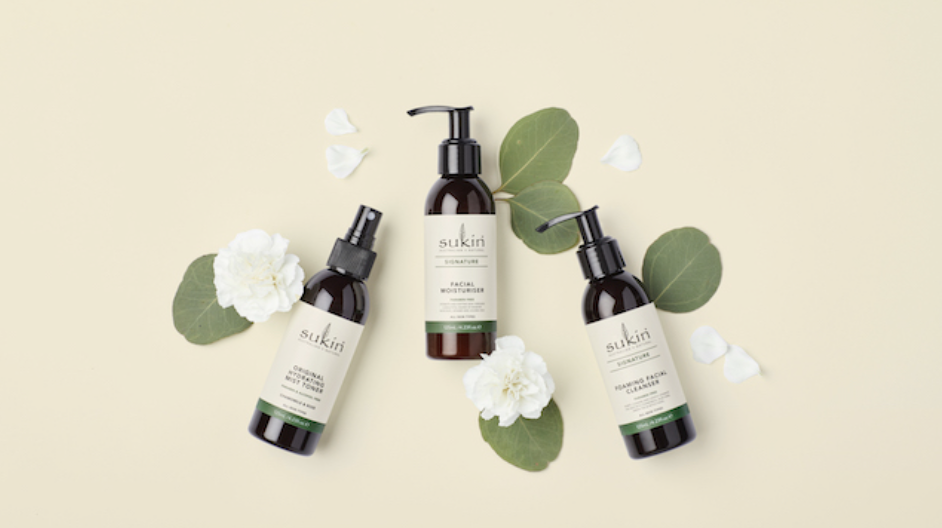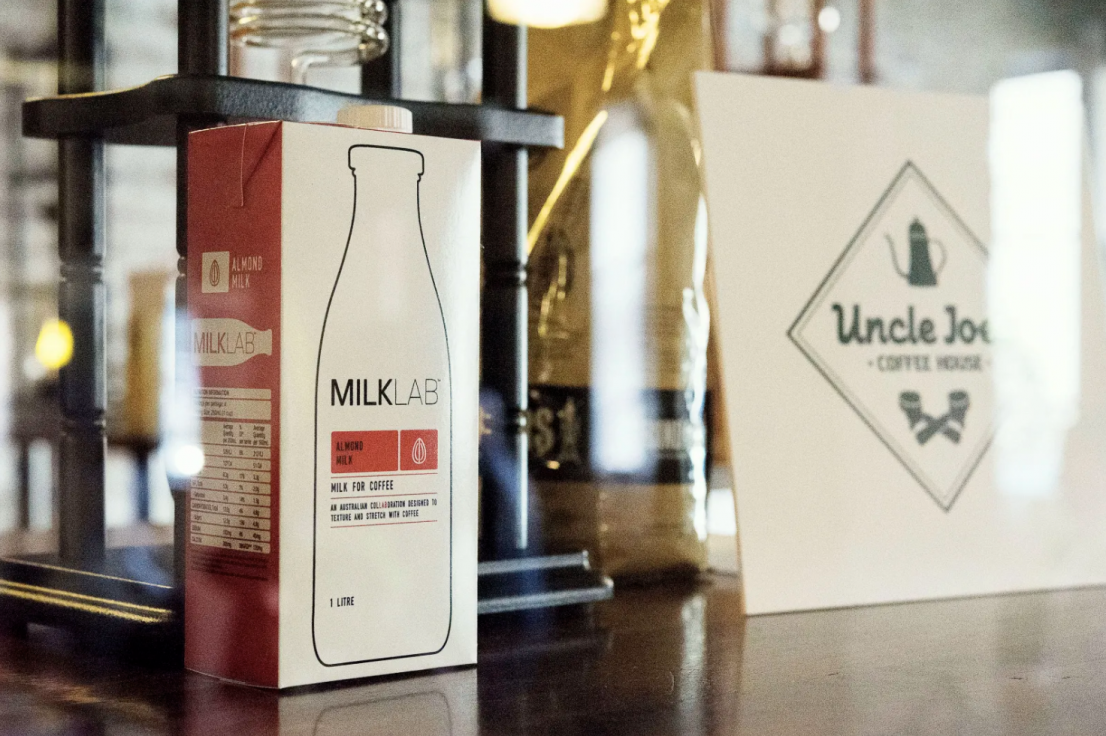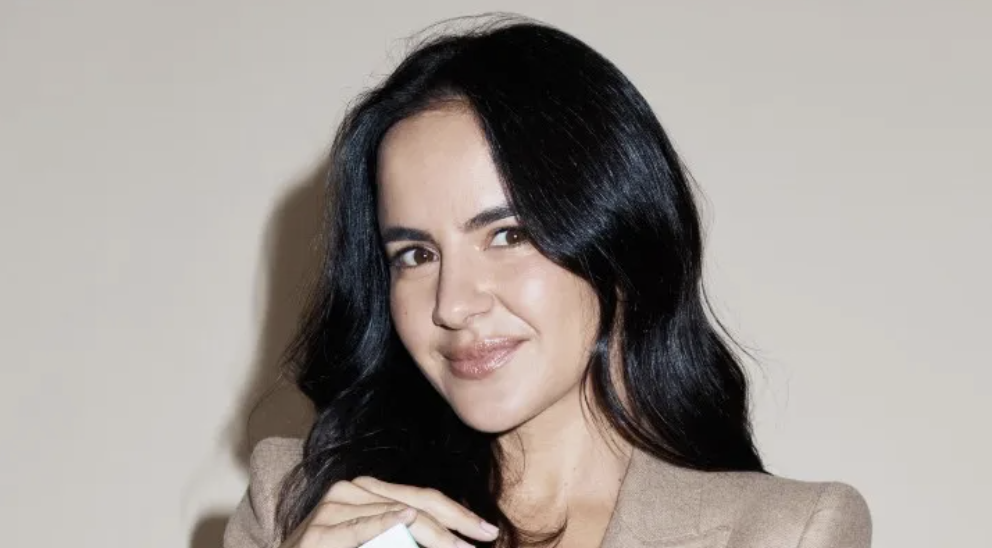
In less than eight years, Vida Glow has become a leading manufacturer of beauty ingestibles. Here, founder Anna Lahey discusses its overseas expansion, the state of the niche in the beauty sector, and why it’s a good time to enter airport-based retailers.
Inside Retail: Can you tell me the story behind Vida Glow and how you launched the brand?
Anna Lahey: My own introduction to ingestibles was completely transformative. I discovered marine collagen while I was travelling overseas. I started with one serve a day, and within weeks I experienced incredible results. My skin looked plumper and felt more hydrated. My nails were growing fast and strong, and I was losing less hair in the shower.
There was nothing else like it on the market in 2013, so I saw the gap for ingestible formulations that addressed common beauty concerns. I spent months researching and educating myself on the science behind marine collagen and the clinical evidence was there to substantiate the visible changes I was seeing in my skin, hair, and nails. With that knowledge, I launched Vida Glow in 2014 with our hydrolysed natural marine collagen. And today, Vida Glow is the global number one marine collagen brand.
IR: How would you describe the process behind developing the marine collagen product?
AL: Vida Glow prioritises innovation, quality, and efficacy. We’re sourcing the most potent and pure ingredients that will elicit the tangible results our consumer wants to see. And backing it with clinical data.
Our natural marine collagen is manufactured in France with fish skins responsibly sourced under strict standards from open-water farms in Europe. It is then hydrolysed using a proprietary enzymatic process. Enzymatic hydrolysation mimics the digestive process to naturally break down marine collagen into smaller molecules that the body can more readily use. This gives Vida Glow’s marine collagen its high bioavailability, for an over 90 per cent absorption rate.
We wanted to ensure there was clinical data to substantiate real results from supplementation. So, Vida Glow’s natural marine collagen was clinically studied in an independent, double-blind placebo-controlled trial. Now, Vida Glow sells one unit every four seconds.
IR: How would you describe the ingestibles category right now and what’s the competitive landscape like?
AL: When I founded Vida Glow eight years ago, marine collagen and ingestible beauty weren’t the buzzwords they are today. Fast-forward to now, the nutricosmetics market is booming and it’s predicted to continue its momentum over the next decade. But amidst the clutter, we maintain a disruptive, first-movers approach. Vida Glow is committed to developing revolutionary formulations, leading with category education and science-led efficacy – and benchmarking what’s possible in ingestible beauty.
IR: I know that the beauty market has skyrocketed in recent years, so I think it’s interesting that you’ve combined ingestibles with beauty. What are you seeing in the market right now and what’s consumer interest like? I can imagine that there’s some education required.
AL: Consumers are more results-obsessed and discerning than ever. They understand that skincare is far more than topical serums, and want to know more about ingestible beauty and the visible results that come from treating concerns on a cellular level.
And whilst now a booming category, there is still much misinformation out there. So as the category trajectory continues upwards, Vida Glow is leading with efficacy and education. We’re breaking down the market pseudoscience and delivering clinically backed products for common beauty concerns – products that our customers have come to trust and expect.
IR: Vida Glow launched globally last year. Can you tell me about your overseas expansion strategy and where you’re at on that journey?
AL: Global expansion is an integral focus for 2022. Vida Glow has solidified a presence in the UK, France, Germany, US, Australia, and China, with stockists in renowned retailers, including Selfridges, Harrods, Liberty, Douglas, Le Bon Marché, Nose Paris, and Revolve. We’re building strong relationships with key retailers to drive brand and category awareness, and evolve our omnichannel distribution strategy in each market to propel our brand momentum.
IR: What are the unique challenges of being in the ingestibles category at the moment?
AL: As an ingestible beauty brand, we face distinct challenges in taking our formulas across the globe. It’s partly why there are so few international ingestible beauty brands out there. To expand our formulations globally, they need to comply with stringent international regulations – subject to each country. We’ve enlisted clinical experts and invested countless hours in adapting our formulas to ensure they’re compliant without compromising on efficacy or results.
IR: What is your bricks-and-mortar strategy and why are you investing in a physical retail space, particularly at the airport, in this current climate? I know you’ve previously created quite immersive physical experiences, like at the global launch last year.
AL: Having a presence in bricks-and-mortar allows Vida Glow to create immersive in-store experiences that provide consumers with the opportunity to interact and try our products first-hand. One of the biggest barriers to purchase is taste. So, to be able to offer a tasting experience along with product education in-store is a huge opportunity.
With travel open once again, numbers in the airport are increasing week on week. We felt like it was an ideal time for Vida Glow to enter travel retail and partner with global power player Heinemann. They fully understood our brand vision and supported us with every step of bringing the innovative space to life.
IR: What are your plans for Vida Glow in 2022?
AL: There’s a lot to look forward to in 2022. We’ve started the year strong, with our official expansion into the US market and we will soon be launching our first-ever global brand campaign. The year will also bring about more revolutionary innovations, including our foray into hair care and new targeted solutions for common skin concerns like acne. We’re placing predominance on continuing to propel our international presence and placing Vida Glow’s clinically efficacious formulations at the forefront of beauty regimes globally.
